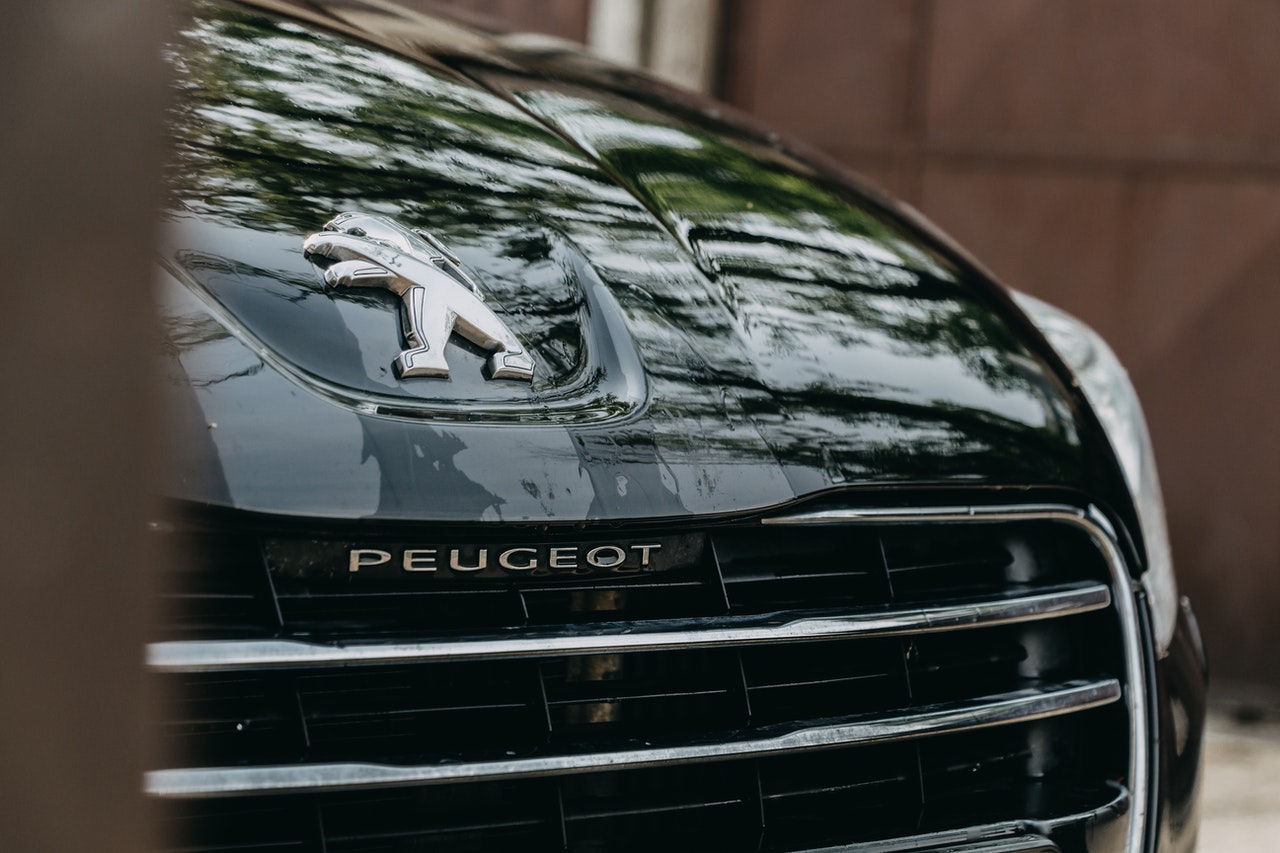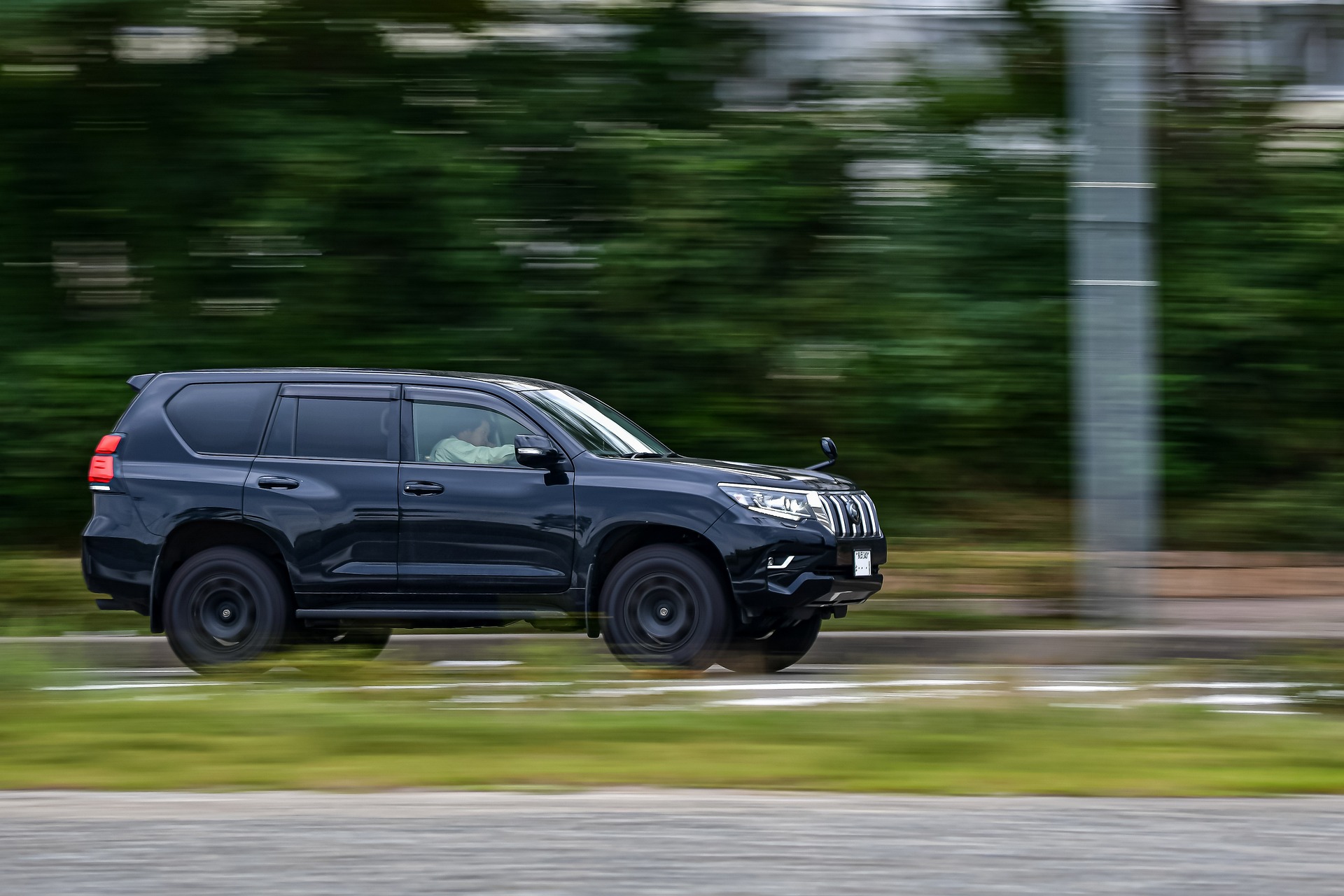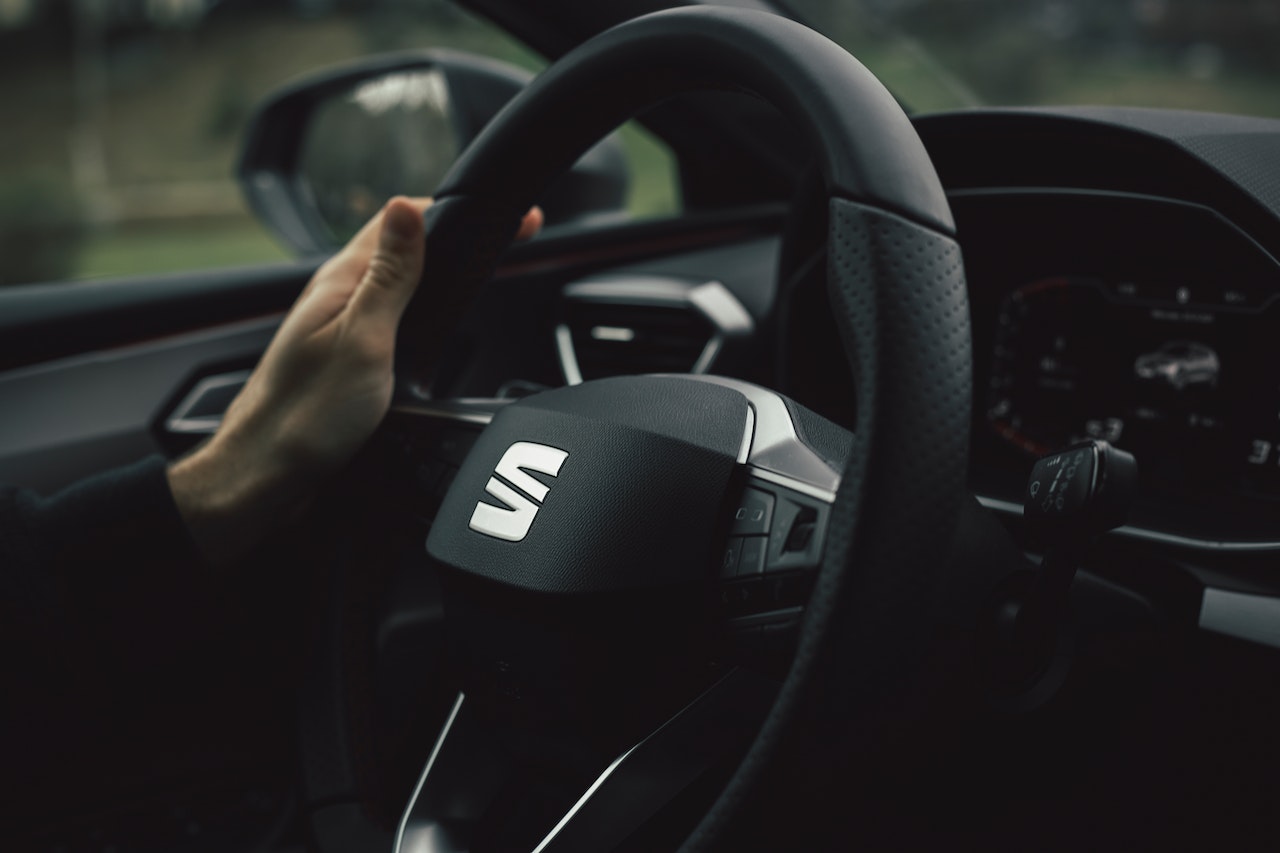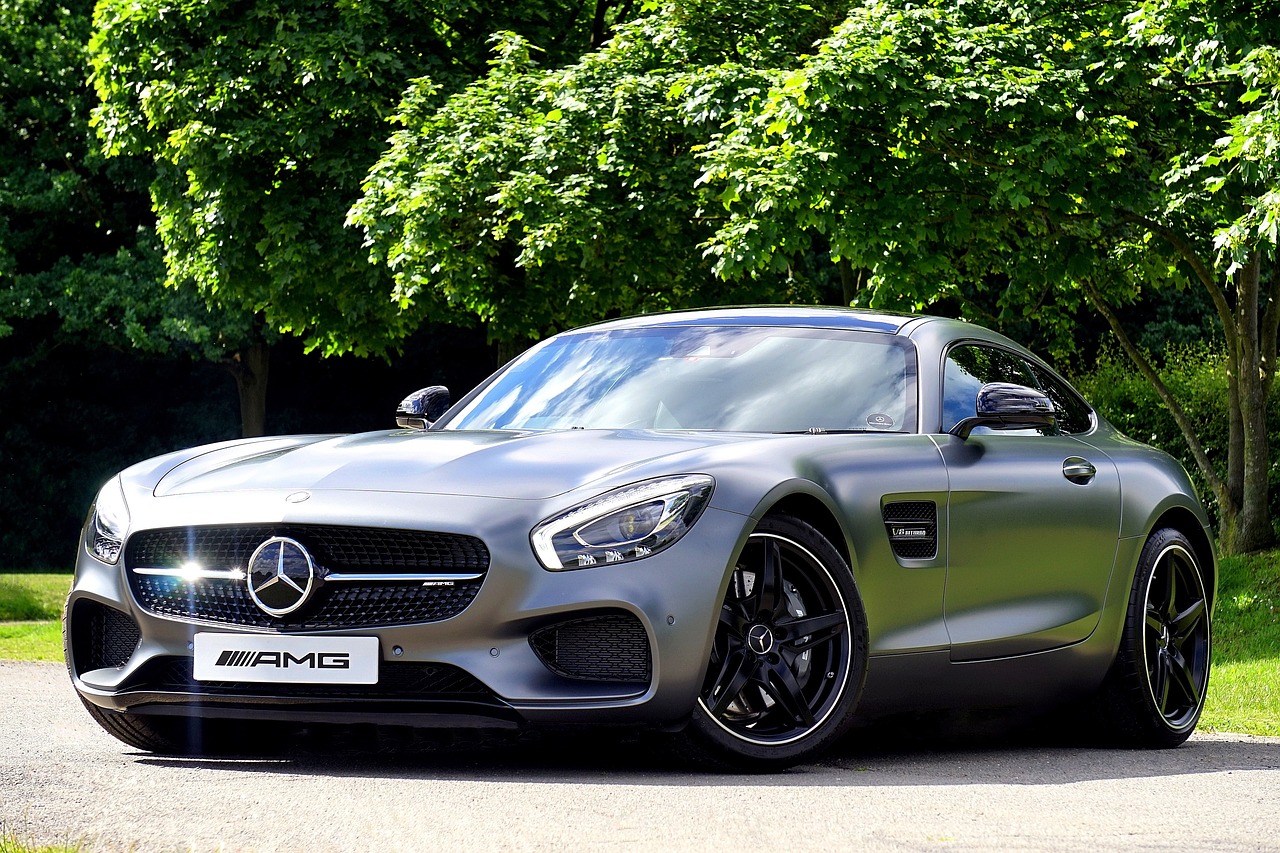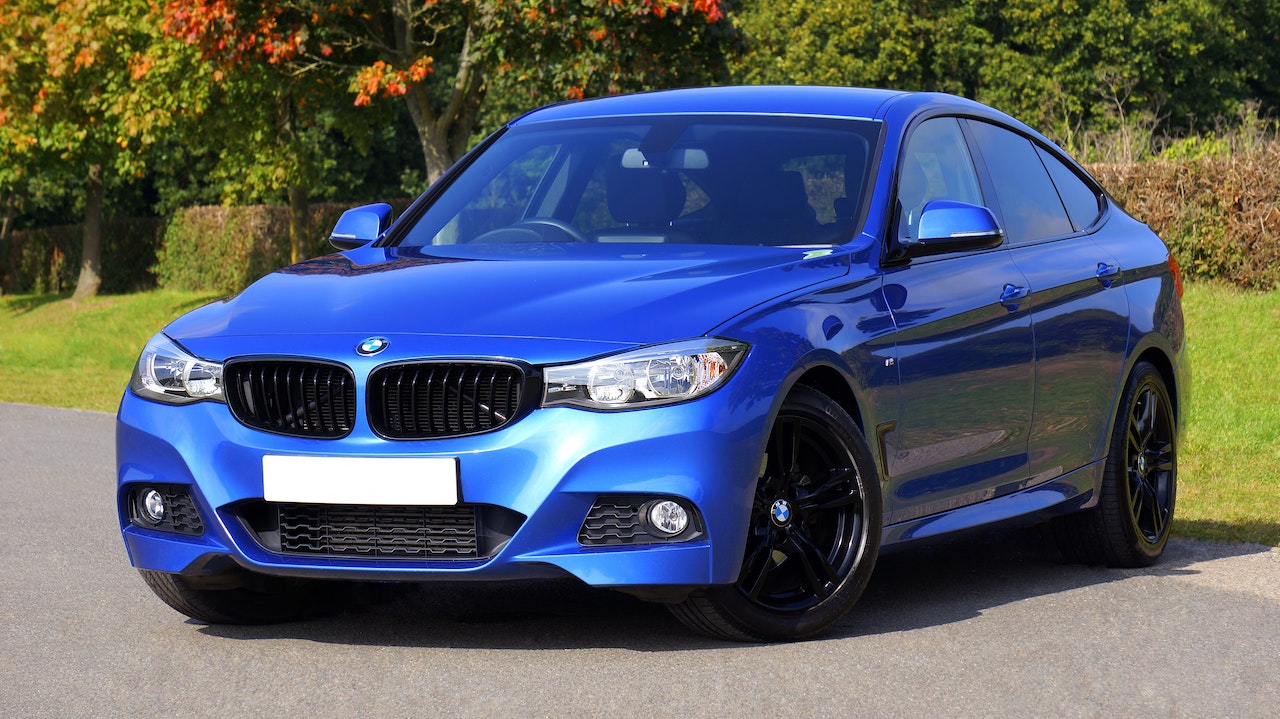Decoding Your Renault’s VIN Number: A Comprehensive Guide
The VIN number on your Renault provides important information about the year, make, model, and country of origin of your vehicle. As such, it’s useful to know how to decode your Renault VIN number for when you need to find out where your car was manufactured or if you want to check the vehicle identification number (VIN) to ensure it matches what’s on the car’s registration or insurance documents. Renault has made it relatively easy to decode your VIN so long as you have access to the car itself and you know what details to look for in your VIN.

What is a VIN number
A VIN number is a 17-digit code that is assigned to every vehicle when it is manufactured. A Renault VIN number includes a combination of numbers and letters that is located on a plate at the base of your windshield. In addition, every Renault will have its unique ID code which is encoded in your Renault’s vehicle identification number (VIN). This code contains information about the vehicle’s make, model, year, and country of origin. You can use a VIN decoder to find out this information about your Renault. To decode your Renault’s VIN number, you’ll need to use an online VIN decoder. All you need to do is type in your car or truck’s unique identification code on an online form, which will then provide you with information about your vehicle and where it was made.
What is a VIN number used for
A VIN number is a 17-digit code that is used to identify a vehicle. It can be used to decode a vehicle’s make, model, year, and country of origin. It can also be used to check a vehicle’s history, such as whether it has been in an accident or has been recalled. You can use a Renault VIN decoder to decode your Renault’s VIN number.
The VIN number is used for identification purposes. It’s a unique identifier that helps identify your vehicle and its parts, as well as the manufacturer of the car. It consists of 18 characters and can be found on the left-hand side of your car’s windshield or its hood. The first character indicates what model year your vehicle is, while the last five characters are known as its serial number (called a Powertrain Identification Number). A Renault VIN number also acts as a tracking system for when you buy new cars online, although it doesn’t always work perfectly (if at all).
How to find a VIN number on your Renault car
The VIN number on your Renault car is located on the driver’s side dashboard. You can find it by looking through the windshield from the outside of the car. The VIN number is usually stamped onto a metal plate that is attached to the car. If you can’t find the VIN number on the dashboard, you can also find it on the doorjamb on the driver’s side door. If you have a manual transmission, it will be near the bottom of your steering column. If you have an automatic transmission, it may be located under the gearshift lever or in front of it behind some plastic covers.
How to find a VIN number on your Renault car
The VIN number on your Renault car is located on the driver’s side dashboard. You can find it by looking through the windshield from the outside of the car. The VIN number is usually stamped onto a metal plate that is attached to the car. If you can’t find the VIN number on the dashboard, you can also find it on the doorjamb on the driver’s side door. If you have a manual transmission, it will be near the bottom of your steering column. If you have an automatic transmission, it may be located under the gearshift lever or in front of it behind some plastic covers.

- Locate the VIN number on the car. It should be on the driver’s side, near the base of the windshield.
- If you can’t find it there, check along the driver’s side door frame it should be stamped on a metal plate.
- Once you’ve found the VIN number, write it down or take a picture of it for reference.
- Next, go to Renault’s website and enter your VIN number in the VIN Decoder tool.
- This will bring up a page with all sorts of information about your car, including its model year, engine type, and trim level.
- Scroll down to the Vehicle Identification section and find your car’s paint code.
- The paint code is what makes each car unique, and not just an identical copy.
- The color is combined with several other ingredients to produce the final shade that looks different depending on how much titanium is added to create blue or green hues, for example.
- When ordering paint from a supplier, they’ll need to know the name of your car as well as its color code (VIN) so they know exactly what shade they’re delivering to you.
If you’re having trouble finding your Renault VIN number, try looking for the Renault logo sticker (which should also show the model year) on the inside of your car’s window. The Renault logo sticker should be placed in one of these locations: just below the driver’s seatbelt buckle; next to either turn signal; next to the fuel filler cap; or on top of the rearview mirror.
Why is it important to decode a VIN number of a car before you buy it
A VIN number can tell you a lot about a car, such as its manufacturer, year of production, and even some of its features. By decoding a Renault VIN number, you can be sure that you’re getting a quality car that is worth your money. Plus, it can help you make an informed decision about which car to buy.
It’s important to decode a VIN number of a car before you buy it because:
- The VIN number can be used to verify the authenticity of the vehicle. If someone says that their car was stolen, but they don’t have proof of ownership and only have an old photo, then you might be forced to take them at their word. However, if you know what year your vehicle was manufactured and its exact make/model from Renault’s website (which uses its unique model code), then there should be no question as to whether or not this person owns their vehicle.
- The VIN can help determine how old your car is and therefore how safe it might be after years spent on the road or in storage as well as what warranty coverage may apply because some manufacturers offer extended warranties based on certain production dates; for example: “2007” = 3-year bumper-to-bumper warranty; “2002” = 5-year bumper-to-bumper warranty.”

